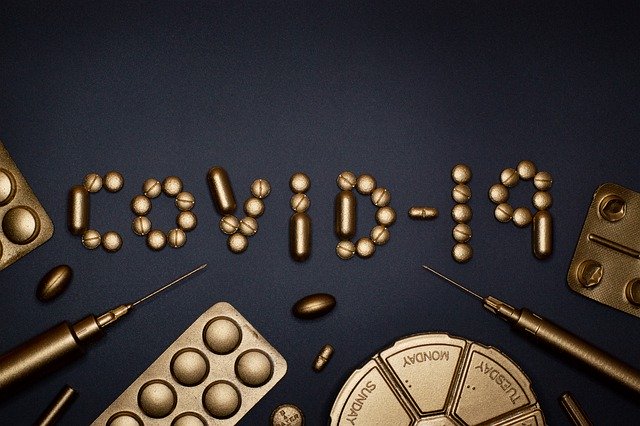A new report from Public Citizen lays out the reasons for concern about the new coronavirus and the likelihood of future pandemics. In short, the US does not have a good system in place to develop treatments or vaccinations for these viruses. To address this problem, Public Citizen makes the case for changing the way our government incentivizes research and development so that the public health becomes the chief priority and not corporate profits.
Over the last 20 years, we have now seen three different instances of coronavirus spreading around the world and causing grave harm to people. We had SARS in 2002, severe acute respiratory syndrome. We had MERS in 2012, Middle East respiratory syndrome. And, we have the novel coronavirus now.
Government-funded research to develop tests, treatments and vaccines that protect against coronavirus disease is critical. And, the National Institutes of Health has been funding that research since 2002. All in, the NIH has invested more than $684 million in this research.
But, we still depend on big Pharma for treatments and vaccines to protect against coronavirus disease, even though pharmaceutical companies have not been investing in this research to any significant degree, participating in just six clinical trials. We must stop relying on these for-profit companies to provide us with the treatments we need for novel viruses and infections. Even when they have treatments, we cannot count on pharmaceutical companies to provide them at an affordable price.
Right now, to encourage pharmaceutical companies to undertake critical research, the US government gives them patent monopolies, allowing them effectively to set prices. The goal is to incentivize them to invest by promising that they will be able to secure a reasonable profit from a successful drug. But, instead, pharmaceutical companies with successful drugs use their monopoly power to drive drug prices sky-high and keep generics from entering the market. Moreover, they market their drugs heavily in cases where other less expensive drugs will provide better treatment.
Our patent system induces pharmaceutical companies to develop drugs that can earn them the greatest profit–such as cancer drugs–rather than drugs that treat the greatest needs. Cancer drugs now have an annual average price of $149,000. It hardly matters to a pharmaceutical company that its new cancer drug does not deliver a better benefit to patients than other drugs already developed.
Pharmaceutical companies can make killer profits if they focus on developing drugs to treat chronic conditions, often regardless of their safety or efficacy. A Government Accountability Report shows that the 25 biggest pharmaceutical companies brought in on average twice the profits as the biggest 500 companies!
Vaccines and antibiotics, in stark contrast, are far less profitable than cancer drugs and drugs for other chronic conditions. One-time cures deliver less revenue than medicines that are taken in perpetuity. Put differently, developing drugs to treat infectious diseases is not a good business model. Consequently, pharmaceutical companies have few in the pipeline.
In short, we cannot count on the pharmaceutical industry for treatments for infectious diseases and drug-resistant bacteria. So, what is to be done? Without new antibiotics, a U.K. report found that antibiotic-resistant bacteria could kill 10 million people a year by 2050.
We must stop giving pharmaceutical companies monopoly pricing power on their drugs. The lack of available treatments for the novel coronavirus demonstrates that our research model is broken and that we need a new model. Perhaps the government should be manufacturing drugs as well as paying for research and development. Or, it should be giving licenses to whichever companies want to manufacture a needed drug in order to drive competition.
We might also consider separating research costs from the prices charged for drugs in order to ensure everyone can benefit from needed drugs—an idea that enjoys support from some on the ideological right and the left.










